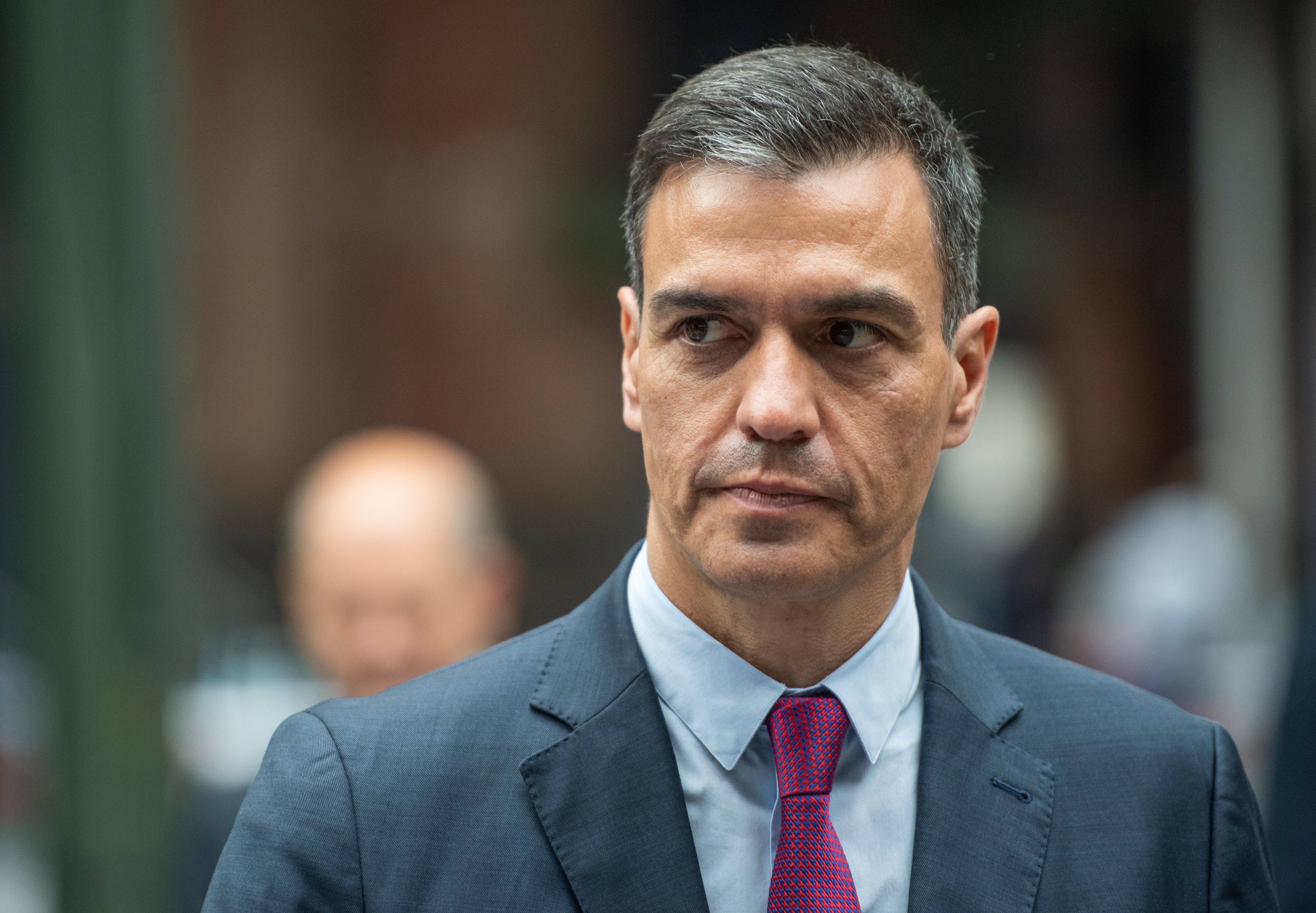The Spanish prime minister, Pedro Sánchez, has announced that this Friday the PSOE and Podemos parties will present a legislative initiative to Congress to reform the crime of sedition. If the reform is passed, the current sedition offence will be replaced by one known as desórdenes públicos agravados - "aggravated public disorder". The head of the Spanish executive has said that from the Moncloa palace that there is an intention to "standardize " this part of the Spanish Penal Code "with other European democracies" and denied that the gesture is to seduce the pro-independence Catalan Republican Left (ERC). Sánchez affirmed that the reform would allow the penalties related to this crime to be closer to those of other European states "which we want to resemble".
In an interview on the private La Sexta network, the Spanish PM affirmed that this is not a gesture to secure the support of ERC for his minority government in the lower house. "We have always supported this desire for standardization with Europe if there is a sufficient parliamentary majority to carry it forward", he affirmed to the programme Al Rojo Vivo, in addition to pointing out that "in recent weeks groups have appeared that have shown themselves in favour". As well, and to set himself himself apart from ERC, he recalled that "in the Catalan independence movement, they demand an amnesty [for independence process prosecutions], not the reform of the crime of sedition, and that has no place in our Constitution". "It's a crime that was drafted in 1822, when there were military uprisings in Spain," he said to reinforce his argument with authority. In 2019, nine political and civil leaders of the Catalan independence movement were convicted of sedition and misuse of public funds, and sentenced to prisonterms of from nine to 13 years.
Spain's conservative People's Party (PP) responded to the prime minister's announcement by describing it as a "humiliation" for the state. Sánchez has, however, invited the PP to "make a reflection". "I did not create this problem", said the head of the Spanish executive in reference to the political conflict between Catalonia and Spain; and pointed to Mariano Rajoy as responsible, due to his management as leader of the PP government during the years of the Catalan independence process. But he added that in 2017, following the independence referendum, the PSOE decided to support the PP in the imposition of direct rule over Catalonia via article 155 "because I believed it was the best for the country", and he asked the party led by Alberto Núñez Feijóo for a gesture in the same direction.
In a tweet on his Twitter account, the president of Catalonia, Pere Aragonès, celebrated the announcement made by Pedro Sánchez on Thursday, and valued "the elimination of the crime of sedition as an indispensable step in dejudicialization" - that is, an end to the use of legal processes as a way of addressing the political conflict over Catalonia. "We continue to work to completely end the repression and be able to vote in a referendum; to resolve the political conflict and for freedom," he added. In the same line, his party, ERC, has evaluated the reform announced by Sánchez "very positively". "It is a great step, essential in the direction of ending the political repression due to the conflict between the state and Catalonia", affirms the Republican Left party.

